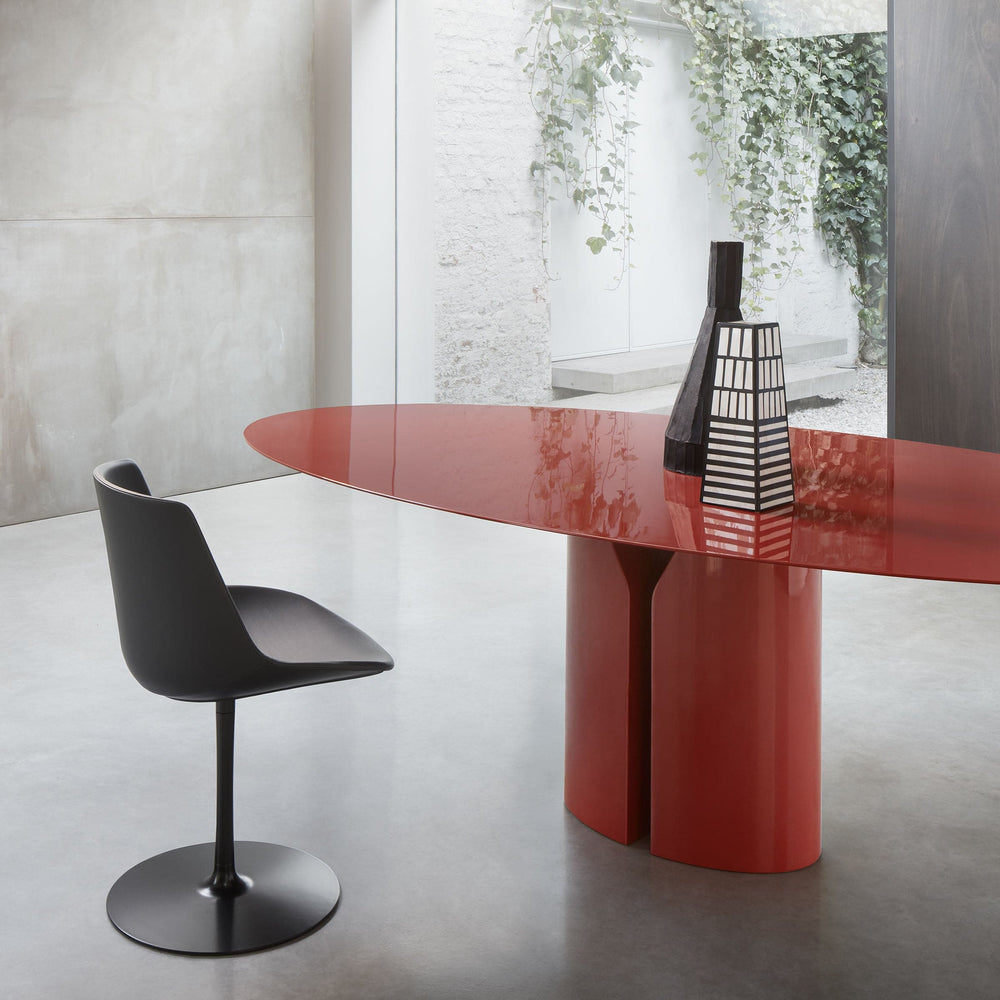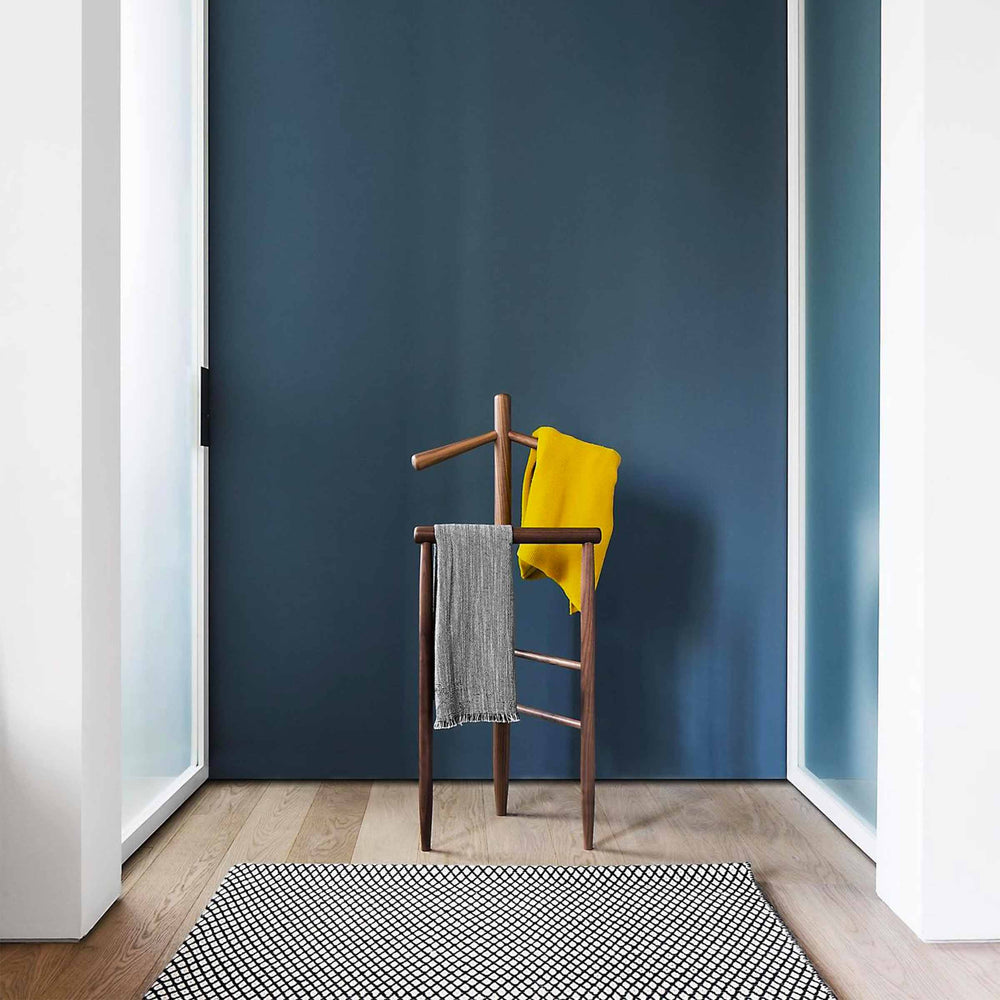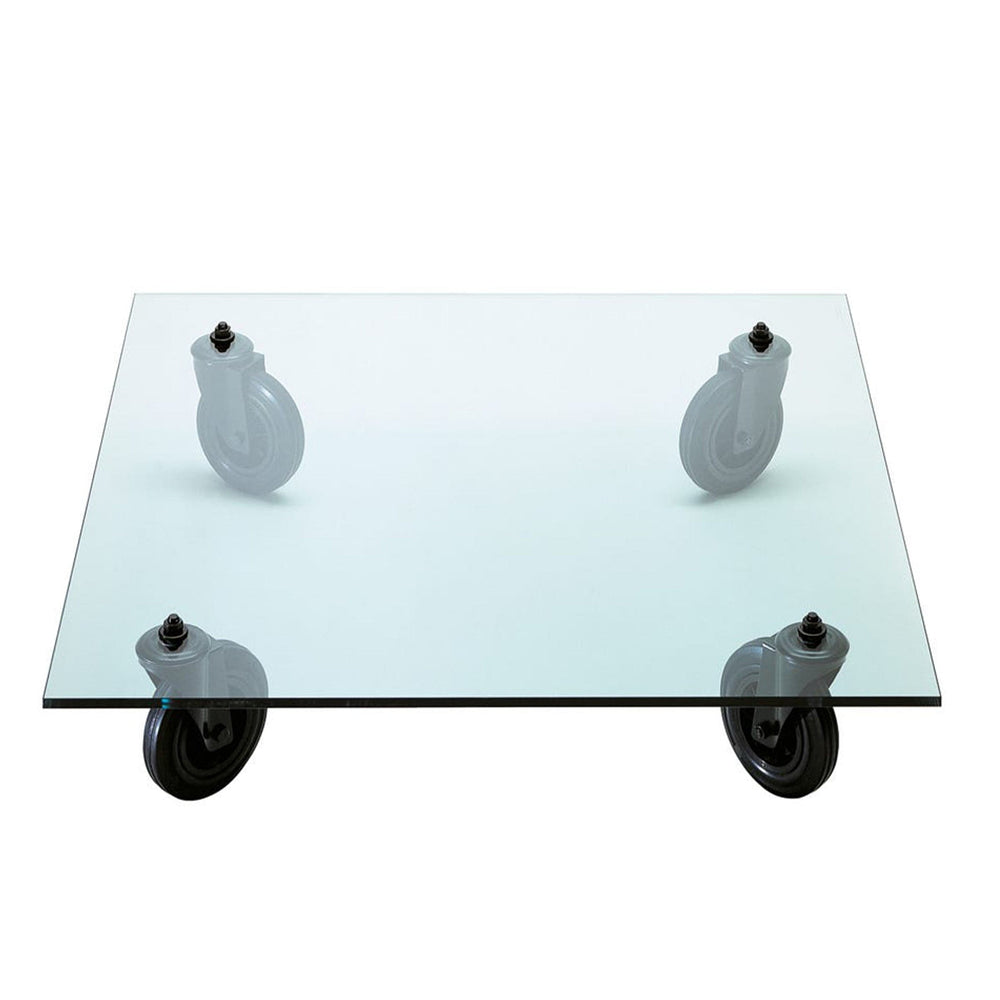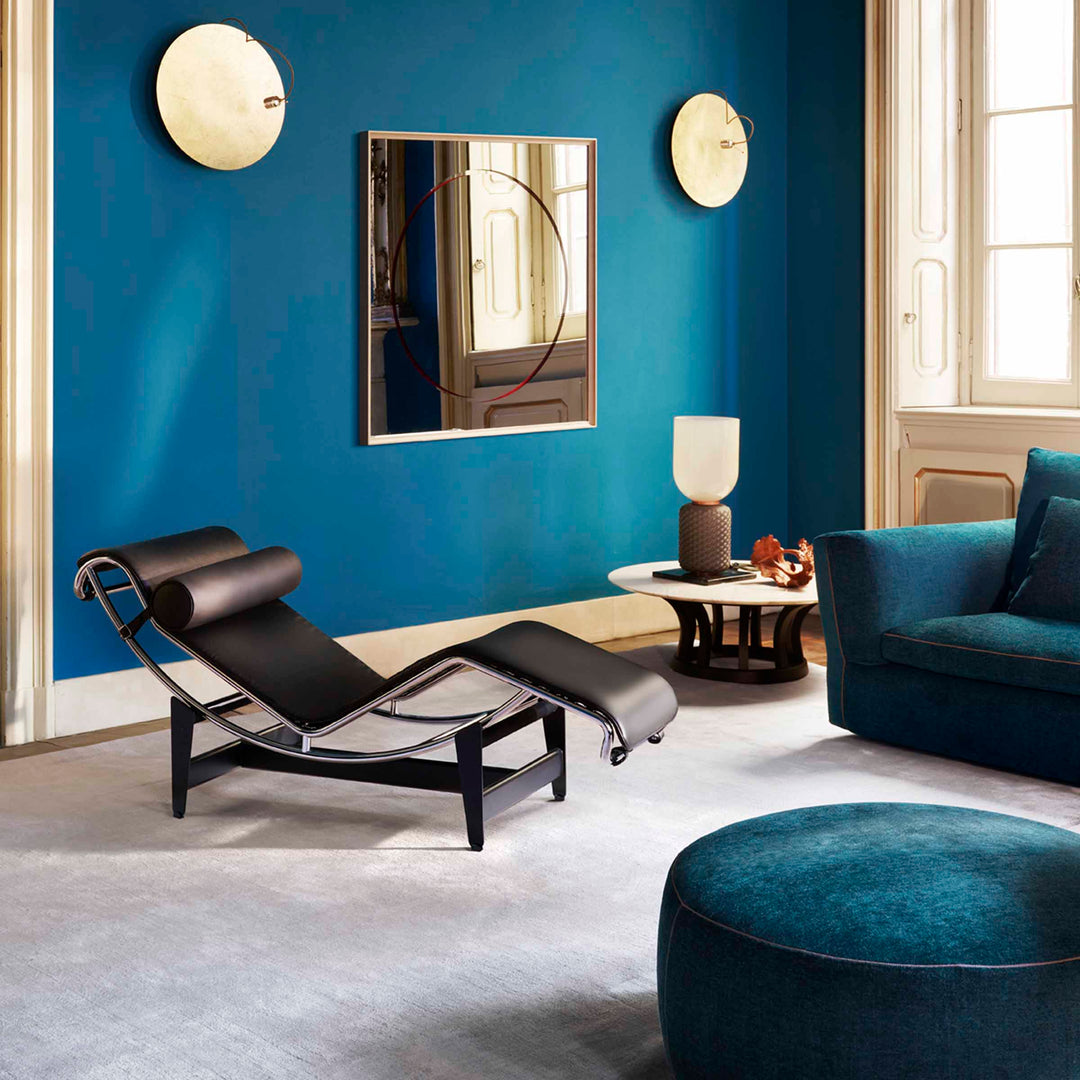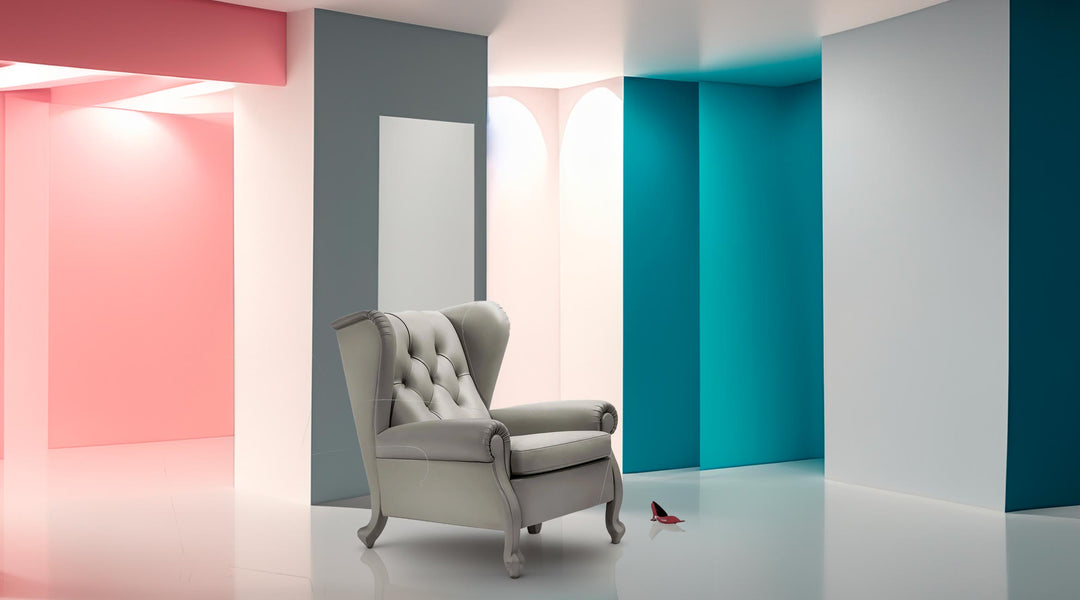Riccardo Dalisi : un hommage à « Le Conteur »
par Cristina Morozzi

Lisez l'hommage à Riccardo Dalisi, architecte, designer et sculpteur bien connu et apprécié. Il nous laisse un héritage d'objets de design emblématiques.
La recherche sur la cafetière napolitaine et d'autres créations
Napolitain, architecte et designer de renommée internationale, Riccardo Dalisi (Potenza, 1931 – Naples, 9 avril 2022) était un enfant éternel, un ménestrel et un conteur. Ses célèbres créations issues des cafetières en étain napolitaines emblématiques ressemblaient à des marionnettes élancées, des sculptures urbaines, comme le géant sur la Piazza dei Martiri à Naples, et étaient des personnages inspirés par la forme traditionnelle italienne de théâtre commedia dell’arte.
Dalisi travaillait dans un atelier du quartier Mergellina à Naples où, lorsque le ciel était clair, il pouvait voir Capri à l'horizon. Son atelier chaotique était encombré de prototypes, et les objets les plus petits et les plus aléatoires qu'il trouvait, y compris dans la rue, devenaient une source d'inspiration pour ses créations.
Dans son atelier – appelé Università di strada (Université de la rue) – il accueillait des enfants défavorisés et leur apprenait à libérer leur créativité et à faire vivre les choses en travaillant de leurs mains et en utilisant des matériaux récupérés. Gourmand et homme économe, il avouait ne jamais rien jeter, pas même les emballages de bonbons, et son atelier était rempli de matériaux qu'il utilisait quotidiennement. Ses créations extrêmement variées incluaient ses créations de cafetières mais aussi des figures de crèche et des produits pour des entreprises industrielles telles que Alessi, Baleri Italia, O Luce, Zanotta, et Bisazza.

En 1981, il a reçu un prix Compasso d’Oro pour sa capacité à combiner design et artisanat à l'échelle industrielle. En 2008, le Musée du Design de la Triennale de Milan lui a consacré une exposition intitulée Design Ultrapoverissimo (Design Ultra Humble), ainsi qu'une autre exposition en 2012, organisée par Alba Cappellieri, appelée I gioielli sostenibili (Bijoux durables), présentant 100 pièces de bijoux qu'il a fabriquées à la main en utilisant de l'étain, du papier aluminium et du laiton.
« Ses bijoux », comme l'écrit Alba Cappellieri, « décrivent très bien son monde féerique et les créatures qui l'habitent : arbres, fleurs, étoiles, cheminées où se perchent des colombes, et forêts enchantées peuplées de girafes, lions et éléphants ».
Dalisi évitait d'utiliser des matériaux précieux, choisissant des matériaux « plus pauvres », des déchets et des fragments, qu'il appelait « petites âmes à sauver », et des morceaux de lave étaient pour lui des pierres précieuses. Lors de l'exposition napolitaine de 2019 consacrée à Riccardo Dalisi et Alessandro Mendini, Rompete le Righe (Brisez les lignes), les dessins de Dalisi montrent sa réalité imaginative, peuplée de nombreux personnages : joueurs, guerriers, chevaux et cavaliers, anges et monstres, et son émerveillement constant pour tous les aspects de la création.






